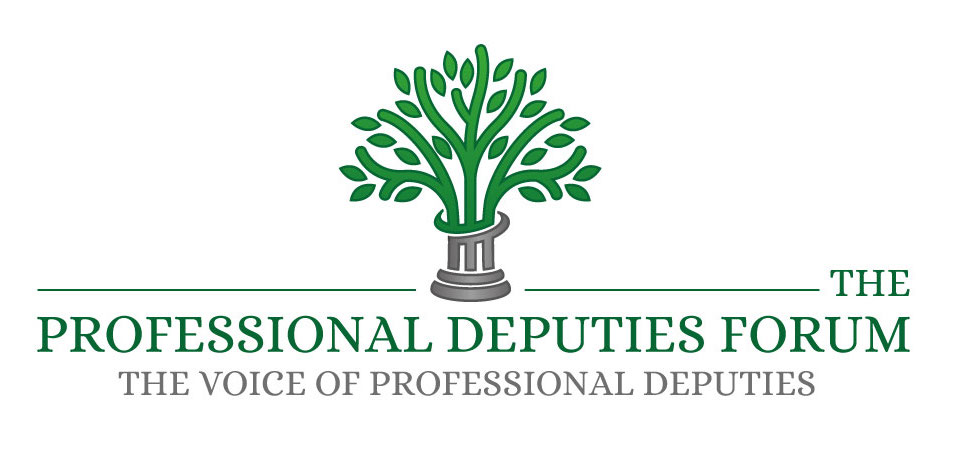Price increases are impacting us from all angles; food, fuel, childcare, broadband, council tax and more. Each month our bills are increasing and there is no sign of things easing up. It is no longer just those with weak budgeting skills that are living beyond their means. For a growing number of individuals, a full-time salary no longer covers the cost of essentials. How can organisations help?
Debt Advice Services
Debt advice charities Citizen’s Advice and StepChange are receiving record numbers of calls for support. In January 2023, they both recorded a 22% increase in call volume compared to January 2022. These calls are increasingly being made by individuals who are employed full-time and have never previously been in financial difficulty.
Despite the growing numbers of people seeking support, a stigma remains around admitting financial struggles. This reluctance to address the problem and get support in the early stages of debt is also driven by a belief that they can cope and will be able to repay money borrowed on credit. This means the numbers reported by debt advice organisations are the tip of the iceberg.
Unexpected Costs
In the FCA’s Borrowers in Financial Difficulty report*, the number one reason for missed payments was an unexpected cost. This includes a car repair, replacement home appliance or vet bill. So, people were just about managing to keep things ticking over until they faced a bill that they hadn’t factored in.
Understanding Financial Vulnerability
In my Supporting Customers Facing Financial Difficulty training sessions, I introduce delegates to Tina. She represents thousands, if not millions, of individuals living in the UK. Tina is a single mum to a 7-year-old daughter. She works full-time and relies on friends and after-school clubs as childcare until she finishes work. Tina is careful with her money and manages to cover her monthly payments, although things are tight.
In the training session, I share Tina’s budget and present the scenario of a broken washing machine that needs replacing. Delegates are usually good at coming up with suggestions of how she might cover that cost. However, this turns out to be one of several additional costs that Tina encounters as the activity continues, none of which are out of the ordinary.
The response from delegates after taking part in the activity is a sense of stress. They can feel the pressure mounting as each payment comes in. They want to keep Tina out of the red, but the options become increasingly limited. Such an activity makes it very clear how easy it is to get into financial difficulty.
5 Ways Organisations Can support individuals
There are many ways in which organisations can support individuals facing financial difficulty.
- The first of these is to pay the living wage as a minimum to all employees. If possible, offer a staff bonus, the option of overtime or a salary advance to help employees avoid financial struggles.
- Do not judge employees or customers who disclose financial difficulties. Focus on what support can be offered by your organisation and by signposting to specialist organisations Including Citizens Advice and StepChange.
- Encourage them to sign up with the Vulnerability Registration Service. This free service can alert organisations of current circumstances and if and when the situation changes, their registration can be removed.
- Cancel charges for customers who switch contracts or cancel packages due to affordability. Ideally, create a basic option, which offers a core service for a low charge.
- Offer payment breaks to help customers manage unexpected costs or payment plans to help them spread the costs of your goods and services.
These actions are not difficult or costly for organisations to implement, however, they can make a significant difference to individuals in a similar situation to Tina. Those who are trying hard to make ends meet, yet sometimes face circumstances that could tip them into the red.
I’ve been reading a Stop Loan Sharks report, which is full of shocking statistics. It shows that when individuals don’t receive the right sort of support and believe the only option is borrowing from an illegal lender, things can quickly escalate. The risk of harm to that individual greatly increases, as their ability to repay and get out of debt greatly decreases.
By not judging people, being fair, guiding them towards viable solutions and the VRS service, we can help to prevent financial challenges from becoming long-term financial hardship.
* https://www.fca.org.uk/publication/research/borrowers-in-financial-difficulty.pdf













Post a comment